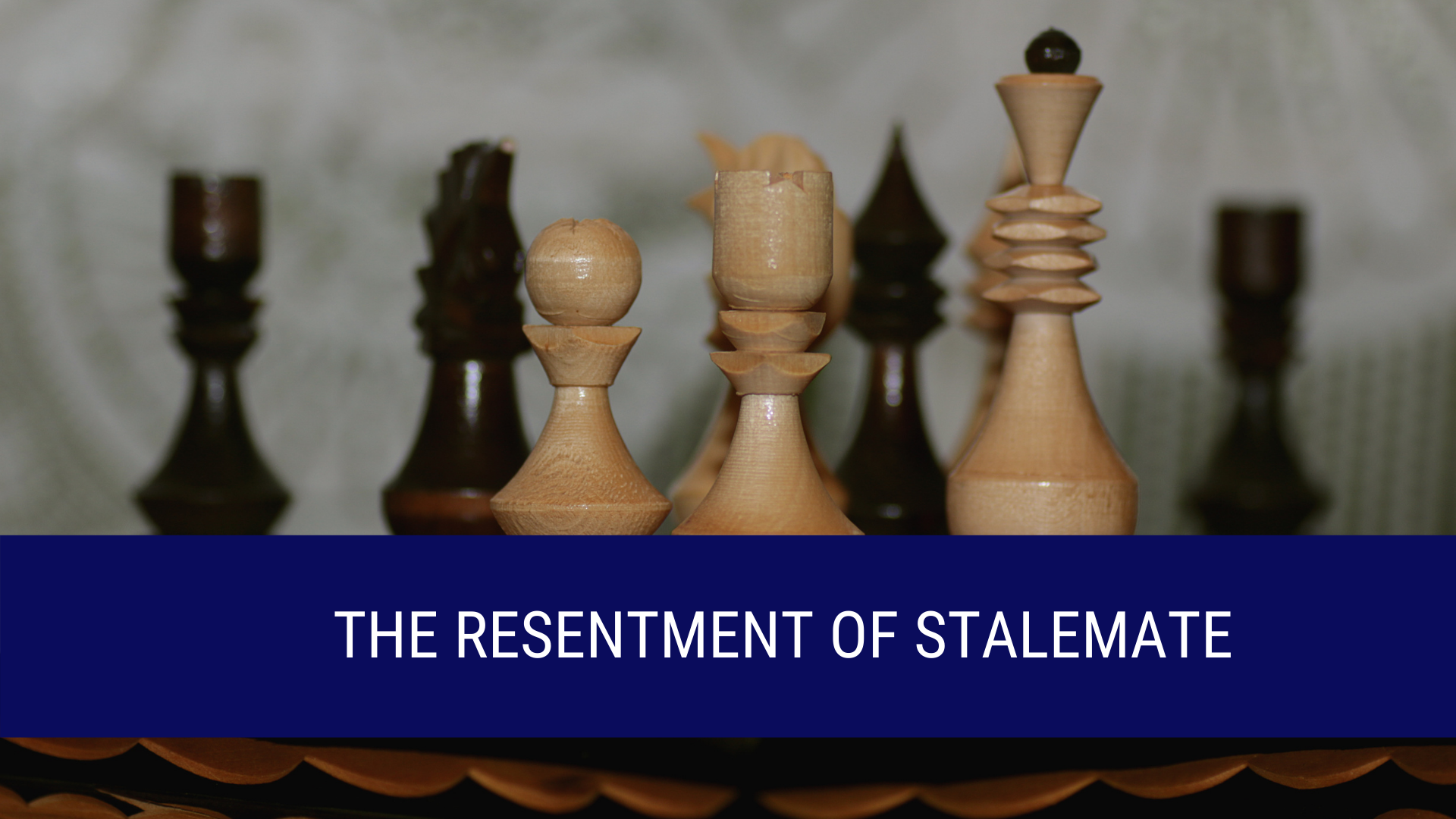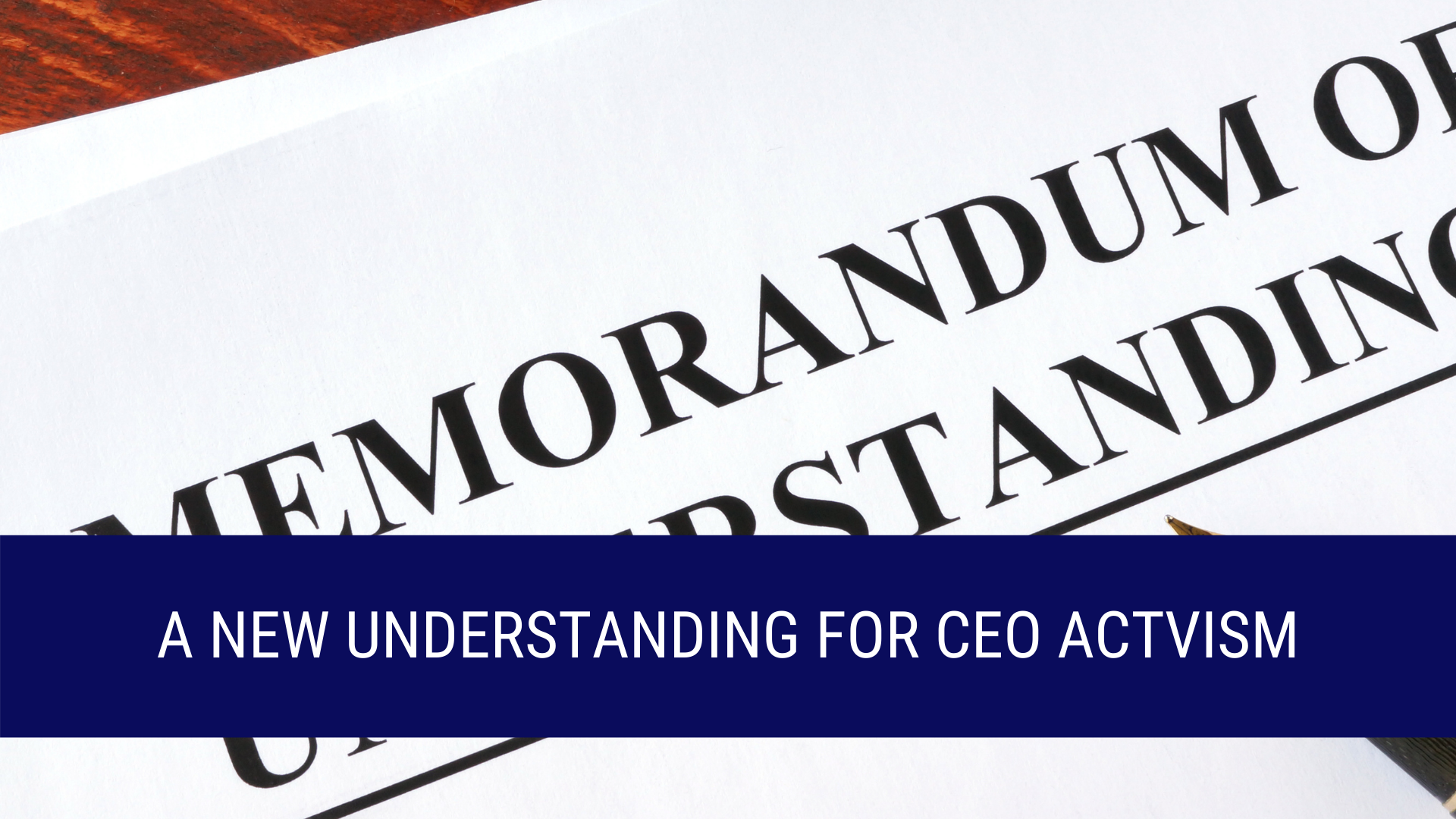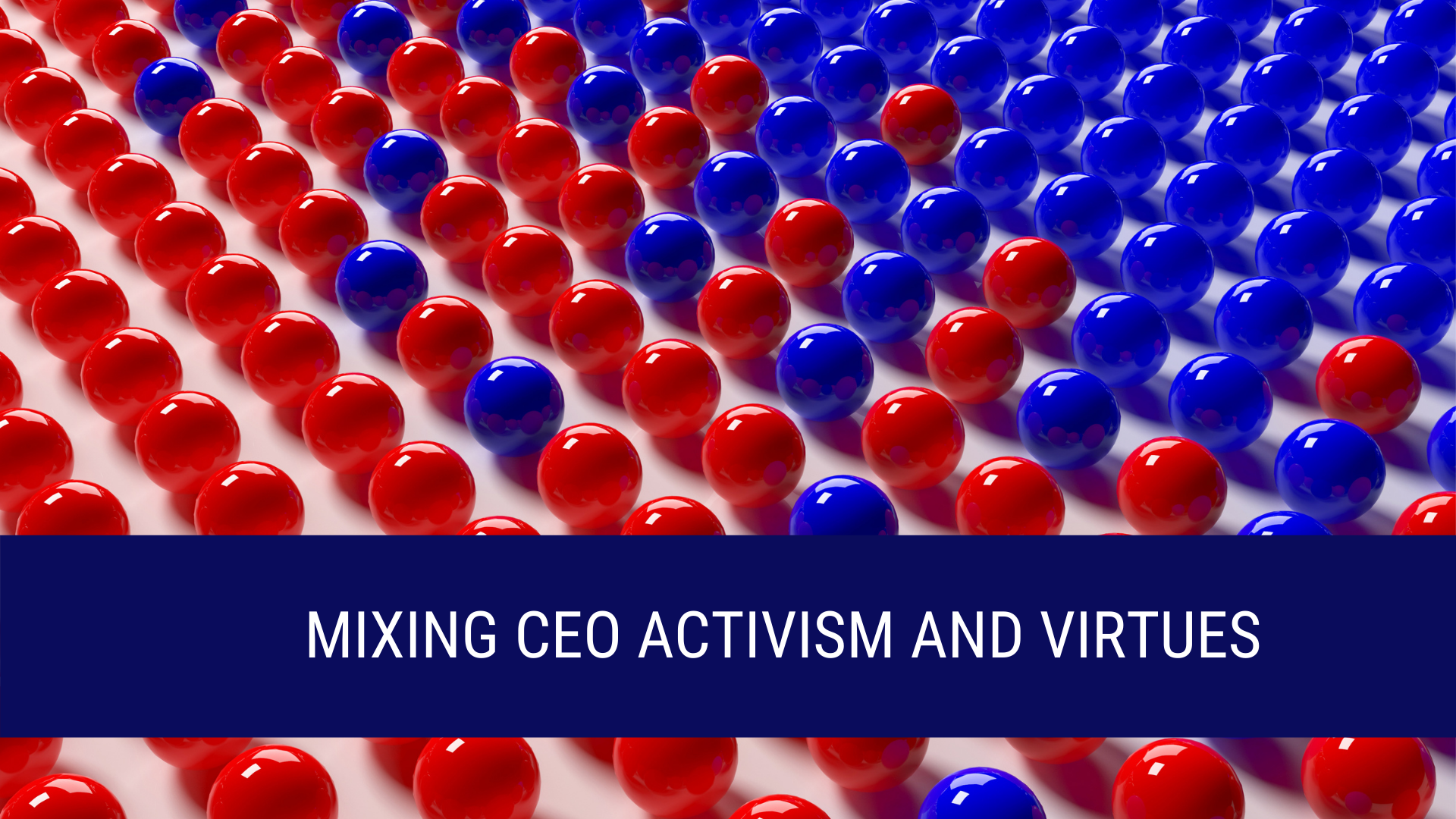Maintain change the status quo.
Future-oriented insight for leaders & change-makers:
Rethinking Strategy's Core Elements: Where Ethics Meets Excellence
Integrating ethics into your vision, purpose, and culture creates powerful strategic advantages and drives business value. A good strategy requires good ethics.
Building Moral Courage: How Leaders Resolve Economic and Social Tensions
Moral courage is a practice to embrace, building more capacity to do the right things. It includes unafraid openness, narrative curiosity, and outcome ideation.
Aspen trees set a community example
Aspen trees are wonderful organisms, exemplifying community and empathy. Aspens serve each other as well as specifies different than themselves. Aspens equal community.
Crafting a responsible business model
Starting and sustaining a responsible business is challenging, especially since it requires profit and purpose. A responsible business model serves as a starting point.
Why virtues need to replace values in leadership and citizenship
We have become values-centered in our actions and policies, and it is tearing us apart. Values are personal or based on an outcome important to an individual. Virtues are behaviors focused on taking action for a societal benefit, not a personal one. We need to shift to virtues in how we live and lead.
Is betterment the end?
What is the end goal when we act? We need a philosophy of betterment. Motives must be evaluated based on how our decisions and actions better those who are unlike us. Our conversations need to focus on what we are trying to achieve based on a moral and ethical standard.
Being a leader of conscience
What does a leader of conscience mean? It begins with character to avoid distorted values with a centered focus on virtues of humanity. A leader of conscience engages in community conversations and identifies what virtues to act upon in the choices being made.
The Kant standard for leaders
While our leadership standards seem to be faltering, we need the grit to lift them. Moral worth is a starting point. While leaders need to check their choices and actions, employees and citizens need to activate accountability too. What is the moral worth of your leadership?
What does "love one another" mean anymore?
Leadership and love are two concepts that are not often intermixed. However, love fits with transformational leadership, and it engages empathy with a call to do the right thing. Intersecting business and society requires a dose of love to empower better leadership, moral behavior, and integrative empathy.
Thriving in the middle: The value of intersectional leadership
Too often, we remain comfortable with those like us or issues that rile those within our circle. Real problem solving and progress comes from leading within intersections. Intersectional leaders are needed now to reduce polarization and collaborate forward.
Stalemate is not stability
Adaptability is an essential leadership skill, and this capability fits well with a new model for resolving conflict in social relations. Leaders need to avoid stalemate, which can trigger a sense of resentment. We need betterment within our populism, especially within stakeholder capitalism.
Avoid moral dogma, strive for moral insights
Moral dogma seems prevalent today. We need breakthroughs, and we can begin by using moral insight. Moral insight is a leadership practice to build genuine stakeholder capitalism and enliven mutual trust.
CEO activism needs a modern-day blueprint
Over fifty years ago, Lewis Powell wrote a memo for the U.S. Chamber of Commerce outlining the importance of political power for business leaders. Through time, we understand the political power of business leaders, and now CEO activism is a modern take on it. We need a modern-day Powell memo to inspire more business leaders to take on issues of social and environmental importance. It is a new day for stakeholder capitalism.
Losing the soul of leadership and followership
Losing the soul of leadership and followership happens when dishonesty prevails. Integrity disappears, and destructive behaviors accelerate. Leaders and followers have a responsibility to each other. Honesty and integrity are the soul of good leadership.
A revival of virtues through CEO activism
CEO activism may be uncomfortable for many, yet it seems necessary when other institutions are weakened through dishonest rhetoric and actions. The future direction of CEO activism should focus on virtue ethics, reinforcing civic and business leadership.
All companies have a social impact
The co-founders at Basecamp miss the realization that every company has a social impact. Ignoring it will not lessen organizational tensions or raise productivity. Instead, leaders need to broaden perspectives for better decisions and social cohesion at the intersection of business and society.
Leadership vacancies
What is the role of willpower in leadership? When CEOs take active stands against voter restrictions, it may not be a comfortable action but necessary when political leadership vacancies arise. Leadership willpower is required.
Considering those unlike me
Walk in another's shoes is more than a simple platitude. It is embedded in different philosophies. On the surface, the phrase crystallizes empathy. Activating the philosophy requires deeply visualizing another's perspective when making decisions at the intersection of business and society.
The unself brand
Morality requires a shift in branding from self to stakeholders. A new corporate morality is emerging, setting an example of positive moral authority to prevent selfish power grabs and call on us to do what is right for the many rather than a few.
The renewed frontier of moral competency
Morality aligns with society and workplaces focused on acting for a greater purpose. Based on core virtues, we need to develop our moral competency – sooner rather than later.



















